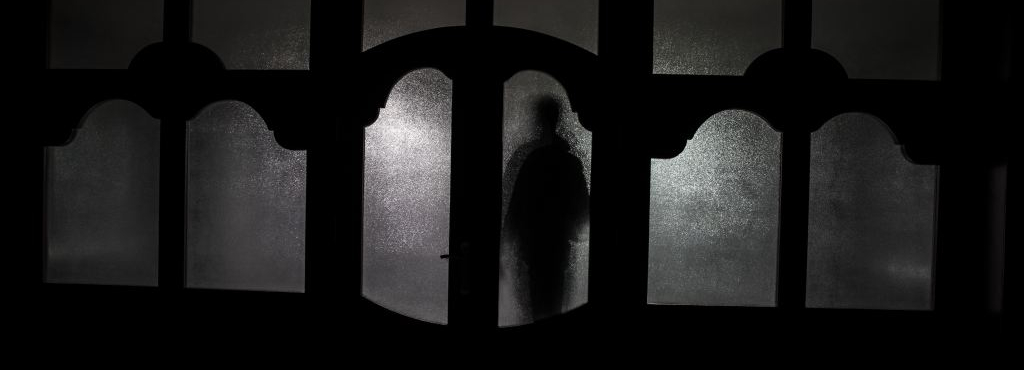Since then, the ratio of female students in applicant pools has only gotten bigger, and colleges across the U.S. are enrolling more women than men in undergraduate programs. In fact, fall 2023 statistics published by the National Student Clearinghouse Research Center showed undergraduate enrollment at 8.3 million for women and 6.1 million for men.
The Dilemma of Balance
Generally, more female than male applicants apply each year to the colleges and universities around the United States. Plus, individual schools within a college often have a higher ratio of female to male applicants. With a more limited pool of male applicants from which to draw, some schools — particularly private liberal arts colleges — are admitting male applicants over women who have higher test scores, higher GPAs, or more extracurricular achievements. This has been referred to as “affirmative action for men.”
Many insist that a balanced campus is a diverse campus, and intellectual discussions should include equal input from all points of view. Furthermore, a balanced campus is generally seen as more appealing and can increase a school’s selectivity.
This is exactly what happened at Dickinson College. After a successful campaign to attract more male applicants by emphasizing its sports and science and business curricula, Dickinson’s total applicant pool grew. As a result, Dickinson was able to be more selective about its admitted class. The academic quality of the student body rose, as did average SAT scores.
Gender Imbalance Depends on the School
Highly selective institutions like Stanford, Harvard, Yale, and Princeton do not lack qualified male applicants, simply because their applicant pools are so massive. As a result, their admitted classes are almost evenly balanced without sacrificing the quality of students — though there are exceptions. For example, Brown University had 31,710 female applicants and 18,939 male applicants for the class of 2026. However, the acceptance rates were 6.73% for men and 4.06% for women.
In 1972, Title IX was signed into law, stipulating that public institutions cannot discriminate by gender, and that includes everything from sports to admissions. However, with gender imbalance also being an issue at public institutions, admissions committees are informally favoring male applicants at some state schools, according to the New York Times.
Schools that have admitted greater percentages of male applicants in recent years include Vassar, Pitzer, Swarthmore, Boston College, Bowdoin, and Wesleyan University.
How You Can Use This To Your Advantage
If you’re female or female-identifying…
Expand your college list. Look beyond small liberal arts colleges. A college counselor can suggest schools where the ratio is in your favor. For example, the acceptance rate at MIT is more than double for women than it is for men. If you’re interested in STEM, you might have a better shot than you think at getting into that highly selective school, especially if you are a competitive applicant.
Mind your major. Research schools to find their newest majors, minors, or study abroad programs. Express interest — colleges may be recruiting participants specifically for these programs.
Use your application. Lots of demographic factors can be oversaturated in application pools, so use your college essays to show how you’re unique and demonstrate your individuality.
If you’re male or male-identifying…
Expand your college list. Look to liberal arts colleges and see if they have majors/programs that interest you. Many of these colleges are eager to enroll more male students.
Learn from the women. There are more qualified females in application pools because they tend to commit to activities, demonstrate leadership, and begin their college search and applications earlier. So, take note and do the same!
Regardless of your gender, the college admissions landscape is more competitive than ever — submitting an application that stands out is the key to success. An experienced college admissions counselor can guide you through each step of the process and ensure you have the best chance for acceptance into your top-choice programs. Schedule an Initial Consultation today to learn how we can help you achieve your academic goals.




